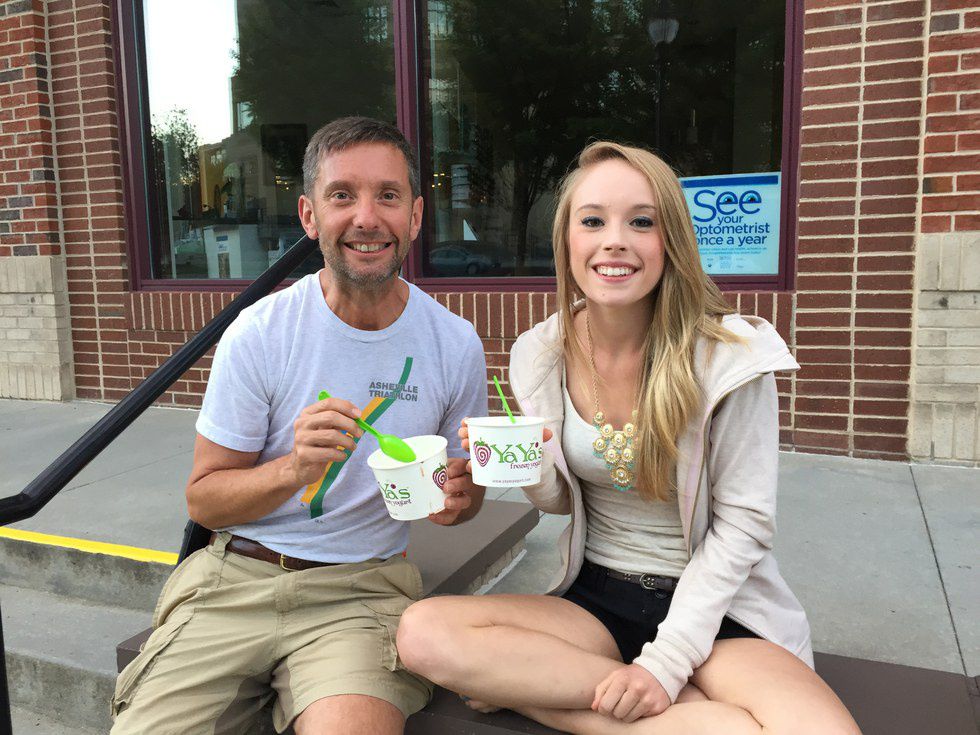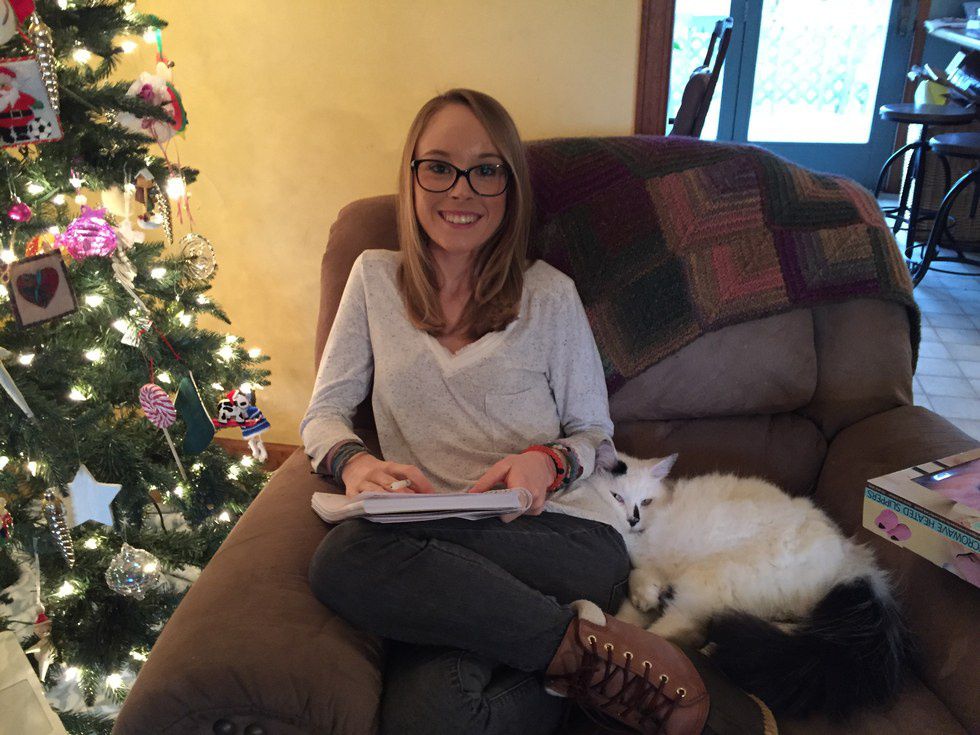Anxiety has become a complex issue in today's society. What does it mean to have anxiety? Isn't it obvious to point out a person who suffers from an anxiety disorder or even depression? Beyond Blue, a website dedicated to equipping people with the knowledge and skills to support themselves and others that suffer from mental illness, states, "The symptoms of anxiety are sometimes not all that obvious as they often develop gradually, and that we all experience some anxiety at some points in time, it can be hard to know how much is too much." This explains why it shocks many people when I say that I have an anxiety disorder. People traditionally associate symptoms of anxiety with those seen in individuals who suffer from social anxiety, which I do not have.
In May 2015, I was diagnosed with anorexia nervosa. For many weeks, I was in complete denial that I was suffering from an eating disorder. I couldn't swallow the fact that I was unintentionally killing myself. Upon looking at me, unless you had known me for years, you wouldn't think that I was any different from any other skinny little blond girl. Even people that had grown up with me simply thought I had lost a lot of weight because of my recent obsession with working out and presumably healthy eating. But that's the thing. The girl with anorexia isn't always the one that looks malnourished and emaciated. She may not be the girl that purges her lunch in the school bathroom. She may not refuse to eat at family gatherings because she just doesn't have an appetite that night. Just because she appears to be fine, it doesn't mean she is. Better yet, just because he or she doesn't show symptoms of an anxiety disorder doesn't mean it's not there. Anxiety and depression are not gender-specific disorders.
There is far too much stigma and misunderstanding around mental health, mainly anxiety disorders, and depression. First off, depression and anxiety disorders are completely different, but people with depression commonly experience symptoms similar to those of anxiety disorders, and vice versa. More importantly, a disorder does not define a person.
I will spare you the nitty-gritty details of my road to recovery; however, I will say with complete confidence that making the decision to choose recovery over suffering has changed my life forever. In fact, it has saved my life. Ask me tomorrow, and I might give you a completely different answer. That's recovery. No day is the same. It's hard, and for lack of a better word, sometimes it just sucks. The most important thing that I have learned thus far is that my eating disorder is not me. It is not who I am and it does not define me.
I will admit that it took a long time for me to realize this. Before being diagnosed with an anxiety disorder, I was completely lost in the realm of some of the common misconceptions that society places on mental illness. For a long time, I would constantly beat myself up about becoming the weak little anorexic girl. Fortunately, recovery has allowed me to help understand my anxiety and find effective tools to handle it. Although I am in no way, shape, or form fully recovered, being able to understand my anxiety allows me to truly feel that I am back in control of my life and that this disorder is not who I am -- it's just there.
By writing this article, my hope is not that people will pity me. In sharing my story, I hope to inspire others to talk about their experiences with mental illness. Depression and anxiety are commonly misunderstood in our society because it isn't part of everyday conversations. Although I feel vulnerable and uncomfortable, if opening up about my story changes just one person's view on mental illness or inspires someone to share their experiences, the minor discomfort is well worth it.
In conclusion, I would like to thank you. Thank you, thank you, thank you for reading this! If you are suffering from a mental illness, do not feel alone, never forget to seek support from those around you, and never forget that you are so much more than your disorder.

























